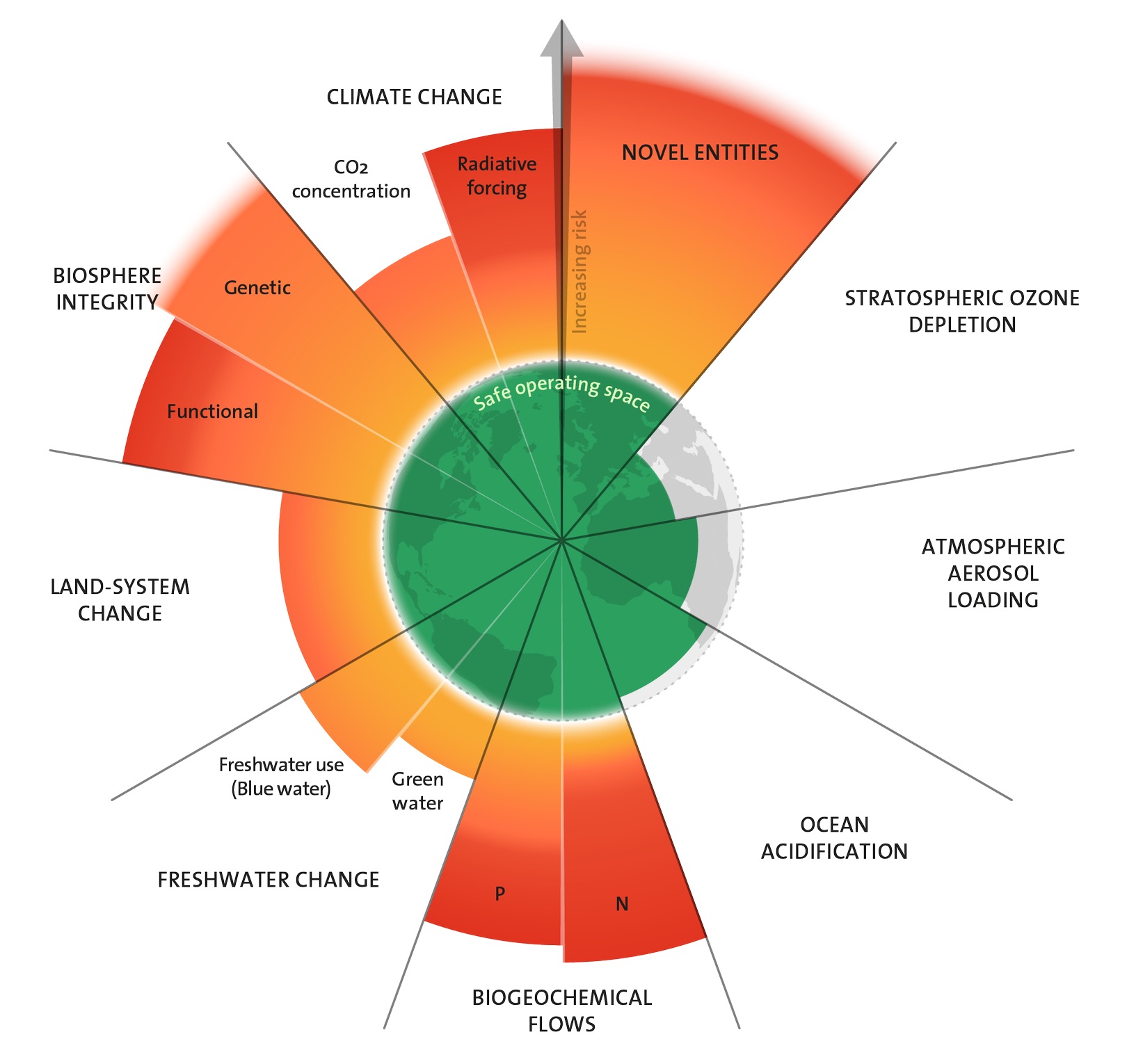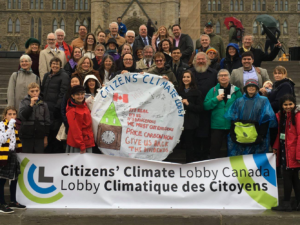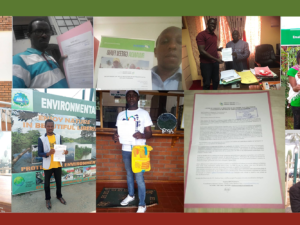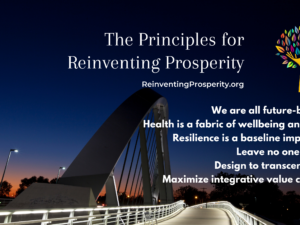
193 nations and hundreds of side meetings advance paradigm shift to sustainable policy and practice
New York Climate Week and the United Nations General Assembly were, as usual, a nonstop flood of meetings, negotiations, advocacy, and announcements. Dr. Katharine Hayhoe, a friend of CCI, outlines much of the good news in her Talking Climate newsletter, including:
- signs of an irreversible clean energy revolution;
- “countless innovations in energy storage, sustainable agriculture, and transportation”;
- U.S. President Joe Biden’s announcement of a new Climate Corps;
- state-level Climate Corps initiatives in Arizona, California, Maryland, Minnesota, North Carolina, and Utah;
- new funding sufficient to start up the new Global Biodiversity Framework Fund.
CCI joined meetings focused on financial innovation, food systems transformation, and non-market international climate cooperation. There was progress toward the operationalization of a new Good Food Finance Facility. There was a major breakthrough in the formation of new international law with 81 countries signing the Agreement on Sustainable Use and Conservation of Biodiversity Beyond National Jurisdiction.
The push for decarbonization is seeing support from developing countries, despite financial interests arguing those countries should expand the reach of pollution for profit.
- Prior to the meetings of the U.N. General Assembly, the Africa Climate Summit produced a declaration calling for creation of a global system for coordinated carbon pricing, to speed the reduction in overall emissions.
- In New York, more countries signed up to the call for a Fossil Fuel Non-Proliferation Treaty—to manage the collective phase-out of fossil fuels.
- The Secretary-General’s Climate Ambition Summit delivered support for climate justice, tripling of renewable energy and doubling of energy efficiency, by 2030, and alignment with the high standards of the Integrity Matters report.
And yet, one year out from the Summit of the Future—which will take place during the 79th United Nations General Assembly meetings in September 2024—people around the world have reason to worry that their wellbeing is now being signed away by short-sighted decisions.
Midway to 2030, the world is far off track on the 17 Sustainable Development Goals agreed by UN member states in 2015. Climate action is gathering momentum, but still lagging far behind the needed pace, even as climate impacts become more frequent and more severe, and compound each other’s disruptive and destructive effects.
The first-ever comprehensive scientific mapping of all nine Planetary Boundaries finds we are transgressing six of them—creating conditions for a future of out-of-control destabilization, risk and cost. The Planetary Boundaries outline a safe operating space for humanity; breaching them means getting closer to losing structural elements of the Earth system on which human life depends.

Leaders and public servants at all levels must recognize the social contract that binds them; whether they have sworn an oath of service, or whether it is merely implied by the power they have chosen to wield, the oath of service must be recognized as a foundational element for any claim of legitimacy. Similarly, corporate officers—whether working for privately held, publicly traded, or state-owned businesses—should recognize that their own credibility, clout, and trustworthiness come with honoring a fiduciary duty they owe both to shareholders and to stakeholders—including team members, affected parties, the wider society, and Earth’s natural life-support systems.
CCI works on the premise that a livable future is a human right. This is why we believe that Resilience Value systems and metrics will become part of mainstream, everyday decision-making.
On the way to the Summit of the Future, leaders in the public and private sectors will need to take stock of these standards, and set a course for a future in which we measure what creates sustainable long-term value. Creating the inclusive sustainable financial system of the future will require leaving behind practices that generate short-term financial gain by degrading the foundations of value creation for everyone else.
CCI is hosting a global online Consultation on Priorities for a Livable Future and expanding opportunities for stakeholders and communities to support enhanced national climate action and improved food systems, through open, structured Engage4Climate meetings. The goal is to contribute meaningful stakeholder insights to the Summit of the Future and other international gatherings that will shape the future of multilateralism and the prospects for successful climate-resilient development.
Some additional takeaways from the week stand out:
- Political and corporate leaders are increasingly asking each other to do better, get more engaged, and get to work on shaping a more sustainable future. Real courage for leading a transformation, however, is still hard to find.
- Innovation needs to be specific, contextual, and suited to improving lives and livelihoods; this also means small and medium-sized enterprises will need to provide new goods and services in context, to fill out sustainable value chains.
- Food security is beginning to be seen as not only relevant, but as a connective tissue, a fabric of everyday interactions that comprise food systems and economies, and which makes it hard to avoid investing national resources toward the SDGs.
- Trade is on the table. It is no longer taboo to talk about aligning trade relations, and related national and international regulations, with climate goals and shared sustainable development. With bold cooperative action, we can achieve climate-smart trade.
- For the first time, we have heard private-sector leaders express interest in the Capital to Communities approach—giving stakeholders a voice to make financial innovation more relevant and more likely to succeed.
Ultimately, we are working toward a paradigm shift, in which benefits to people and planet are core value considerations for investors and nation-states. In New York, last week, the 193 nations of the United Nations General Assembly and thousands of activists, scientists, stakeholders, and innovators, joining hundreds of side meetings, labored together to advance a new understanding of our world, and how we operate within it.
While the pace of global climate-related systems transformation is still moving too slowly, we see the recognition steadily rising that all responsible actors must do what they can to meet the imperatives of this existential crisis. We now look to potentially transformational moments for sustainable finance and climate-resilient development, at the World Bank / IMF Annual Meetings in Marrakech and the COP28 U.N. Climate Change negotiations in Dubai.
Success will mean honoring the universal human right to live free from preventable harm, and putting in place the structural elements of a sustainable everyday economy of shared prosperity.








